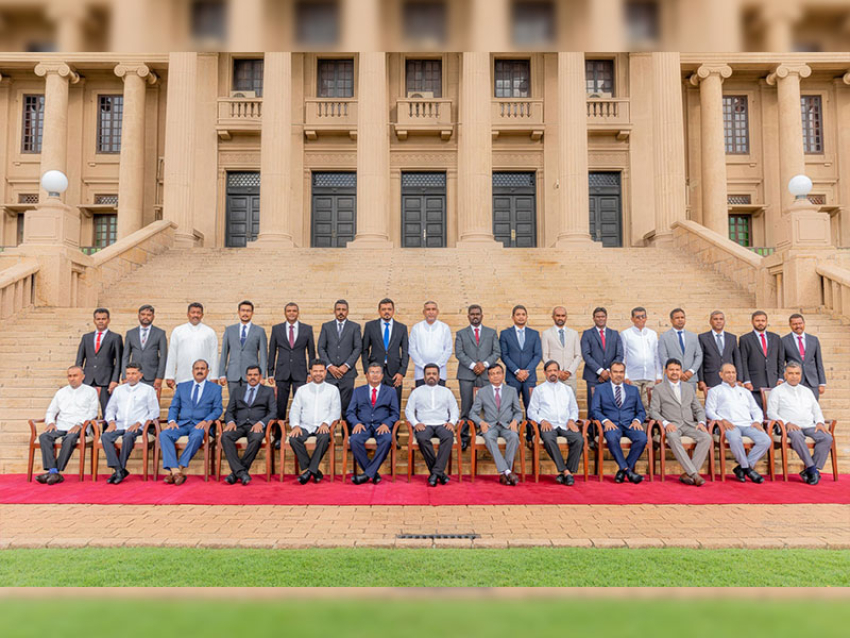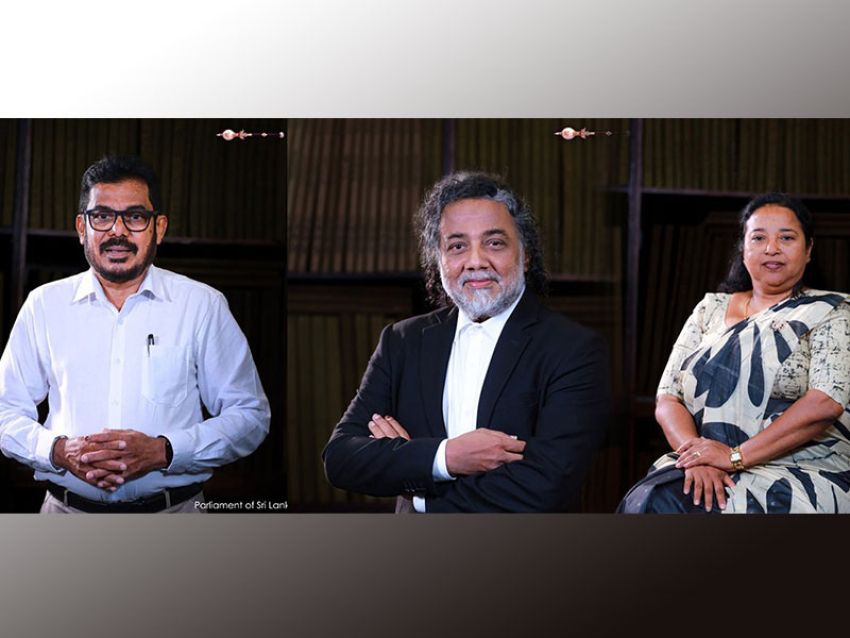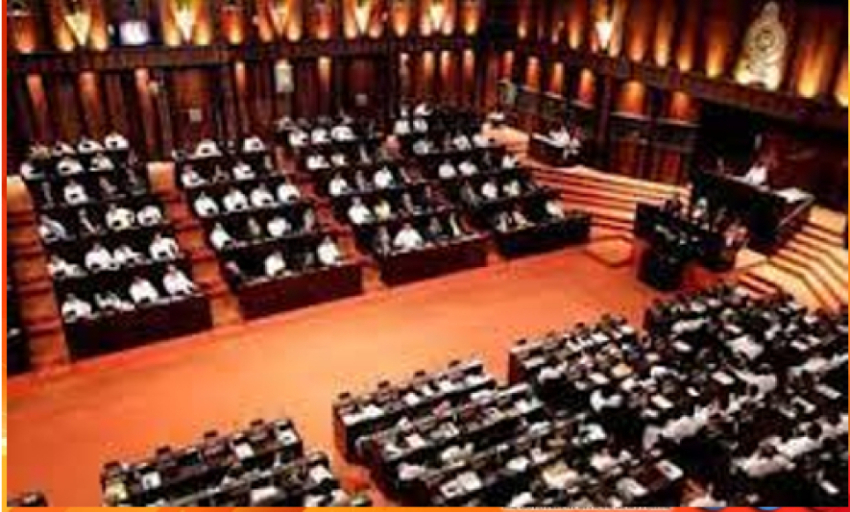Competitiveness, Transparency and Fiscal Sustainability Development Policy Financing (DPF) Programme - USD 100 million
Government of Sri Lanka has identified that the development trajectory of the country requires significant reforms in governance structures, administrative systems and economic policies. The key goals of the strategic outlook of the Government for the next five years has been identified to be as generating a million jobs; increasing income; developing the rural economy; providing for land ownership to the rural and estate sectors, middle class, and government employees; and creating a wide and strong middle class.
The Competitiveness, Transparency and Fiscal Sustainability Development Policy Financing Programme (DPF) by the World Bank has been designed to support the long-term development of the Sri Lankan economy through a renewed engagement on reforms to eliminate obstacles to private sector competitiveness, enhance transparency and public sector management, and improve fiscal sustainability under three identified pillars. Under its first pillar, the proposed DPF programme will support three significant actions aimed at enabling private sector competitiveness. The DPF programme’s second pillar supports three reform actions to enhance transparency and public sector management and the third pillar supports improving the fiscal sustainability and two significant actions have been identified under this. The overall responsibility of the implementation of this project lies with the Ministry of National Policies & Economic Affairs with the participation of other relevant agencies.
Accordingly, the Government has entered into a loan agreement with the IDA of the World Bank to borrow USD 100 million as a single tranche financing operation.
Eco-systems Conservation and Management Project (ESCAMP) - USD 45 million
Sri Lanka has recognized that the long-term sustainability of the environment and the natural resources depends on their ability to provide benefits to people and the country. Accordingly, Eco-systems Conservation and Management Project (ESCAMP) has been designed to improve the management of ecosystems in selected locations in Sri Lanka for the conservation and for community benefits by strengthening the capacity of government institutions and communities to improve management of sensitive ecosystems in selected locations and demonstrate models of human-elephant coexistence and sustainable natural resource use and protection. The overall responsibility of the implementation of this project lies with the Ministry of Mahaweli Development and Environment and Ministry of Sustainable Development and Wildlife with the participation of other relevant agencies.
The Government has entered into a loan agreement with the IDA of the World Bank to borrow USD 45 million to implement ESCAMP during 2017-2021.
Additional Financing for Climate Resilience Improvement Project (CRIP) - USD42 million
Sri Lanka has taken significant steps towards the strengthening of legislative and institutional arrangements for the disaster risk management while investing heavily on the emergency preparedness and the response capacity; as priority is given for the effects of climate change in the country’s development agenda. Accordingly, the National Disaster Management Plan was prepared for a period of 5 years from 2013 to 2017, identifying the gaps to be addressed and the ways of investments to be linked to disaster risk management to ensure continued and sustainable growth. In this context, Climate Resilience Improvement Project (CRIP) was designed to improve physical resilience to hydro meteorological events through mitigation investments in disaster and climate resilient infrastructure.
Subsequently, It has been identified that there is a financing requirement amounting to USD 42 million due to the increase in costs associated with flood control, repair and disaster proofing of irrigation, road infrastructure that were damaged due to the extreme rainfall in 2014 and to close a financing gap caused by cost escalation of operational works under the parent project and this additional financing will support costs associated with climate resilience of infrastructure and project implementation as follows:
i. Additional flood and landslides mitigation needs engaged in consequent to the excessive rainfall in December 2014 (Increasing Climate Resilience of Infrastructure);
ii. Cost overrun to complete the flood risk mitigation works included under the parent project (Increasing Climate Resilience of Infrastructure);
iii. Incremental operating costs related to the scaled up work program (Project Implementation).
The Government has entered into a loan agreement with the IDA of the World Bank to borrow USD 42 million for the implementation of CRIP during 2014 – 2019.




















